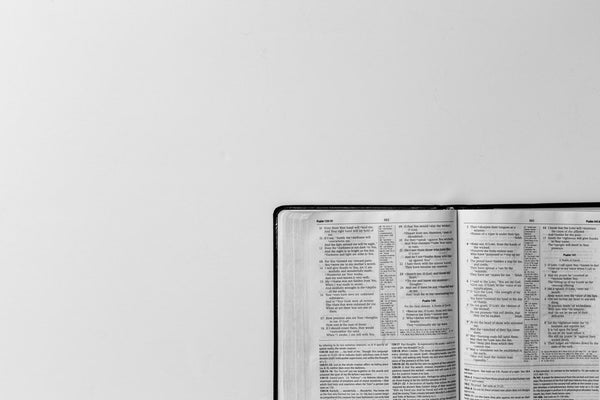Your cart is empty now.
A "captivating account of the history of Christ’s birth"
The greatest miracle ever to take place was not the standing still of the sun over Joshua’s battle or water coming from the rock by the striking of Moses’ rod. The greatest miracle ever to take place was the incarnation of Almighty God, which took place when Jesus Christ was born many years ago of the virgin Mary. The magnitude of this miracle follows from its stunning implications: that the God who created the world around us, who formed each of us in the darkness of our mothers’ womb, who cannot be contained in temples made with human hands, assumed the form of a servant, took upon himself our human nature, was wrapped in swaddling clothes and laid to sleep in a manger! The preciousness of this miracle to every believer is found in God’s purpose in performing it. Jesus Christ, the Son of God incarnate, was not born to gratify our sentimentality during the holiday season. He was not born as the poster child for world peace to be displayed in nativity scenes across the nations. He was born for our salvation, which he would accomplish when he grew into the man who hung on the cross and was raised again three days later for our justification.
How are you saved?
The believer answers, “By grace!”
Salvation is of grace because salvation is of the Lord. It is a thoroughly divine work!
From election to regeneration, and from good works to assurance, Wonder of Grace is a clear, beautiful explanation of each of the facets of grace in the lives of God’s people.
Afraid of the Gospel (5)
God cannot be mocked.
He may not be mocked; but he cannot be mocked either.
And when one departs from the straight line of the truth, he must come back to the point of departure or else continue still further away from the truth.
Remember Me!
“And he said unto Jesus, Lord, remember me when thou comest into thy kingdom.” Luke 23:42
Everyone mocked the Christ when he hung on the cross.
The people stood beholding.
The rulers derided him, but also with them, that is, the people.
The soldiers mocked him.
Even the written word meant to deride him. The superscription on the cross was meant as a taunt of the ruler, the governor: This is the King of the Jews! Imagine: a King on a cross??!!
Yes, and even a man who was in the same judgment with Jesus mocked him, saying, If thou be the Christ, save thyself and us!
Everyone derided and mocked Jesus.
But wait! There is one solitary exception: the other murderer.
He turns his tortured body toward the other murderer and after chiding him for mocking Jesus, he turns to Jesus and says: Lord, remember me when thou comest into thy kingdom!
Marvel of marvels!
There is one in the whole universe that believes in the crucified one!
And he is a murderer.
August 2019 Standard Bearer preview article
“As to our good works” (2): The nature of good works as works
Works occupy a prominent place in Scripture; in fact, Scripture is from beginning to end a book of works. Scripture attributes works to the triune God, Christ, angels—wicked and holy, and men—wicked and holy. We begin our examination of the good works of the believer by considering the nature of good works and noting five general characteristics of our good works as works.
A conscious, acting subject
First, works are those deeds consciously and volitionally performed by rational, moral beings. Strictly speaking, a creature like the sky is not capable of performing works. Psalm 19:1 teaches, “The heavens declare the glory of God; and the firmament sheweth his handywork.” The visible expanse of the heavens above us gives glory to God; however, it is not an intelligent creature consciously and willingly producing “works” of praise unto God as holy men and holy angels can do. We men are different than the creatures in the heavens above and in the earth beneath and in the waters under the earth, for God created us as personal beings with an intellect and will so that we are able to live consciously before His face performing works of service in love for Him and our neighbor. In marriage, a husband and wife are called to love each other and show it in word and deed, but if a whole week has gone by and they have not consciously performed even one considerate act towards each other, living as intimately as two stars twinkling side by side in the heavens, something is dreadfully amiss. God created us, and in Jesus Christ has recreated us, as new creatures able to do good. Consciously! Willingly! Cheerfully! Lovingly!















